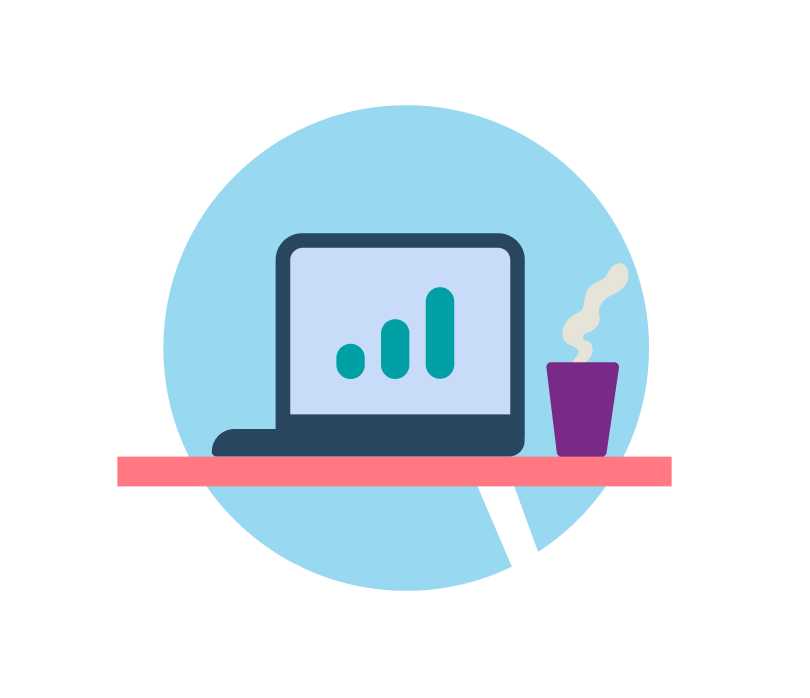- Member's menu
-
 Close
Close - Home
- About pensions

- Your Nest pension

- Investing your pension

- Retirement

- Support

- Member's menu
-
 Close
Close - Overview
- Take our three-step pension check
- What kind of retirement do you want?
- Calculate your retirement income
- How much should I save for my pension?
- How to grow your pension
- The advantage of saving early
- Why it's never too late to save
- How lifestyle changes affect your savings
- Member's menu
-
 Close
Close
- Support

- Help centre
- Contact us
Managing life changes

You might already be thinking about saving for retirement, but what about life’s ups and downs along the way? We’re here to explain how changes to your lifestyle, finances and employment can affect your pension pot.

Log in to your online account
Check the balance of your pot, make extra contributions and change how your money’s invested by logging in to your online account.








